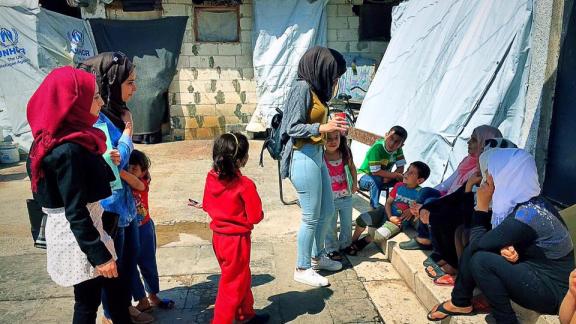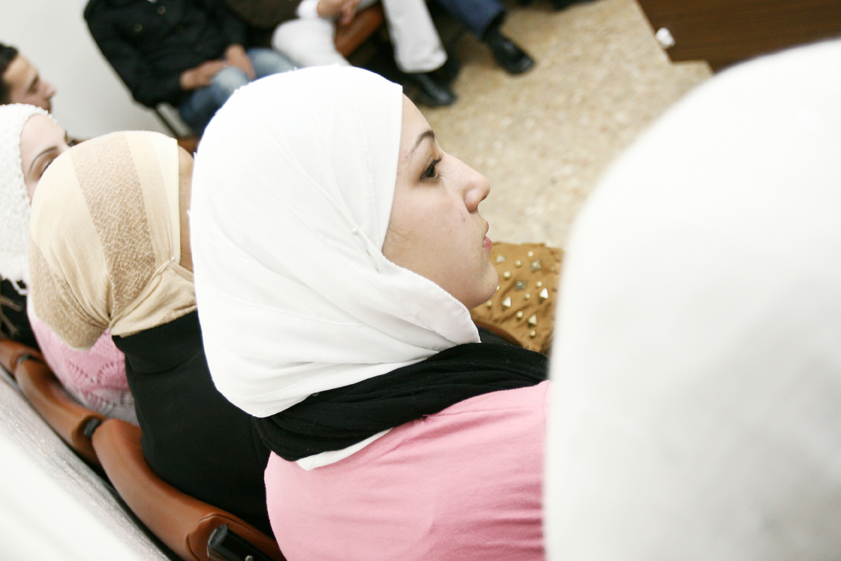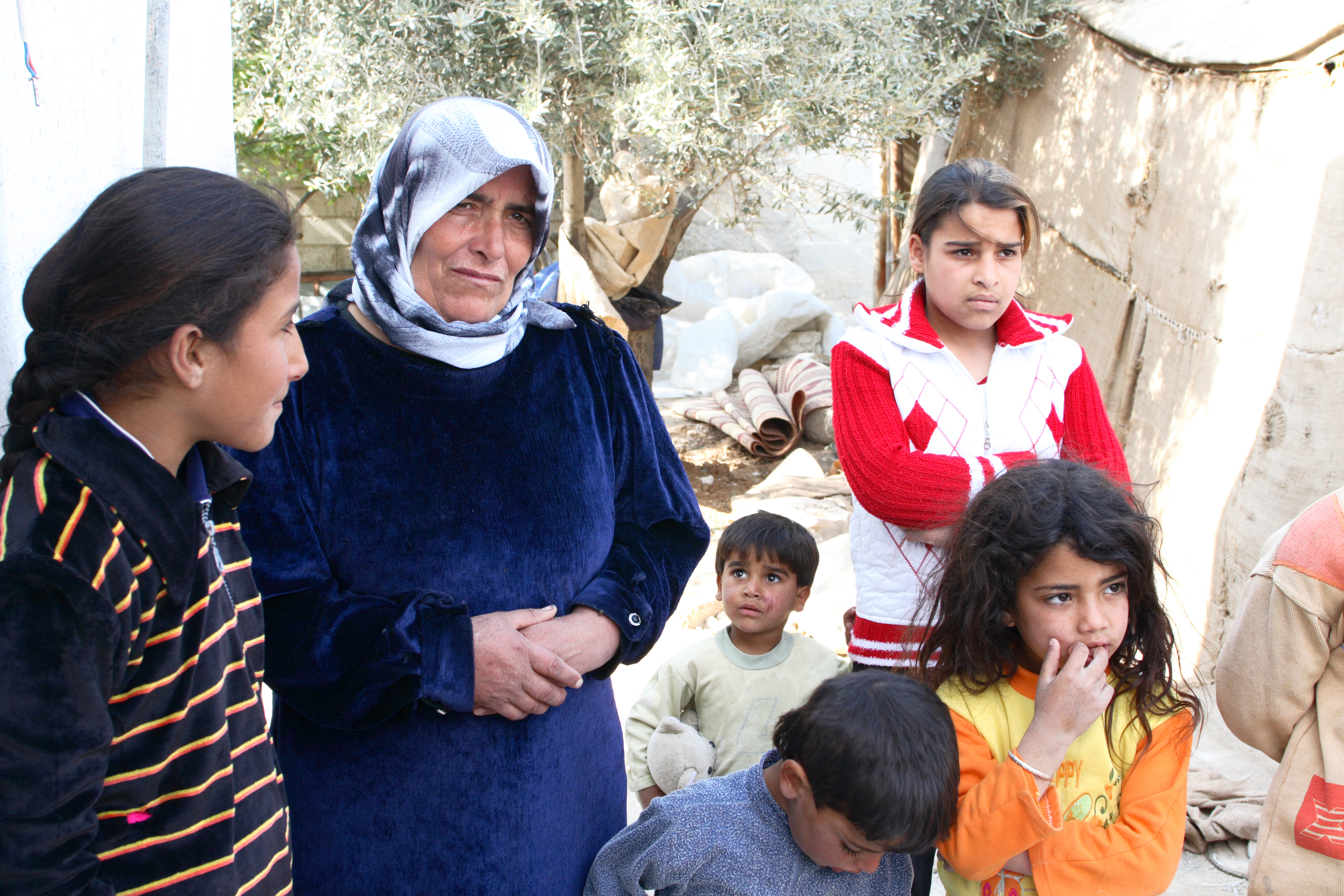A new initiative that looks at the contributions locally-based organisations make in a crisis response was signed by International Planned Parenthood Federation at the World Humanitarian Summit in Istanbul.
The Charter for Change Localization of Humanitarian Aid, led by both national and international NGOs, aims to practically implement changes to the way the Humanitarian System operates and enable more locally-led response. The Charter for Change includes eight Commitments that International Non-Governmental Organizations agree to implement by May 2018
“Our local community-based organizations spread over 170 countries, and who are often the closest to crisis, from Syria to Macedonia to Fiji to Uganda to Ecuador to Nepal and dozens of other countries, tell us shocking accounts of what happens during humanitarian crisis."
“We have found that through our globally owned and locally connected approach we build community resilience as our Members are there before, during and after a crisis. This contribution is what enables people to have their dignity respected, rights protected and supported regardless of location or needs”, said Tewodros Melesse, IPPF Director General.
IPPF closes the gap between humanitarian and development action, preventing an interruption to SRH services when humanitarian assistance leaves.
IPPF has signed up to a number of commitments:
- Charter for Change Joint Commitment: to pass at least 20% of humanitarian funding to National NGOs by 2018
- Charter for Change Joint Commitment: to reaffirm principles of partnership by 2018
- Charter for Change Joint Commitment: to publish the amount or percentage of funding that is passed to NGOs by 2018
- Charter for Change Joint Commitment: to address and prevent the negative impact of recruiting NGO staff during emergencies by 2018
- Charter for Change Joint Commitment: to emphasise the importance of national actors to humanitarian donors by 2018
- Charter for Change Joint Commitment: to address subcontracting and ensure equality in decision-making by 2018
- Charter for Change Joint Commitment: to provide robust organisational support and capacity building by 2018
- Charter for Change Joint Commitment: to promote the role of local actors to media and public by 2018
IPPF's new report “The Forgotten Priority: Sexual and reproductive health in crises” launched at the World Humanitarian Summit.
when











